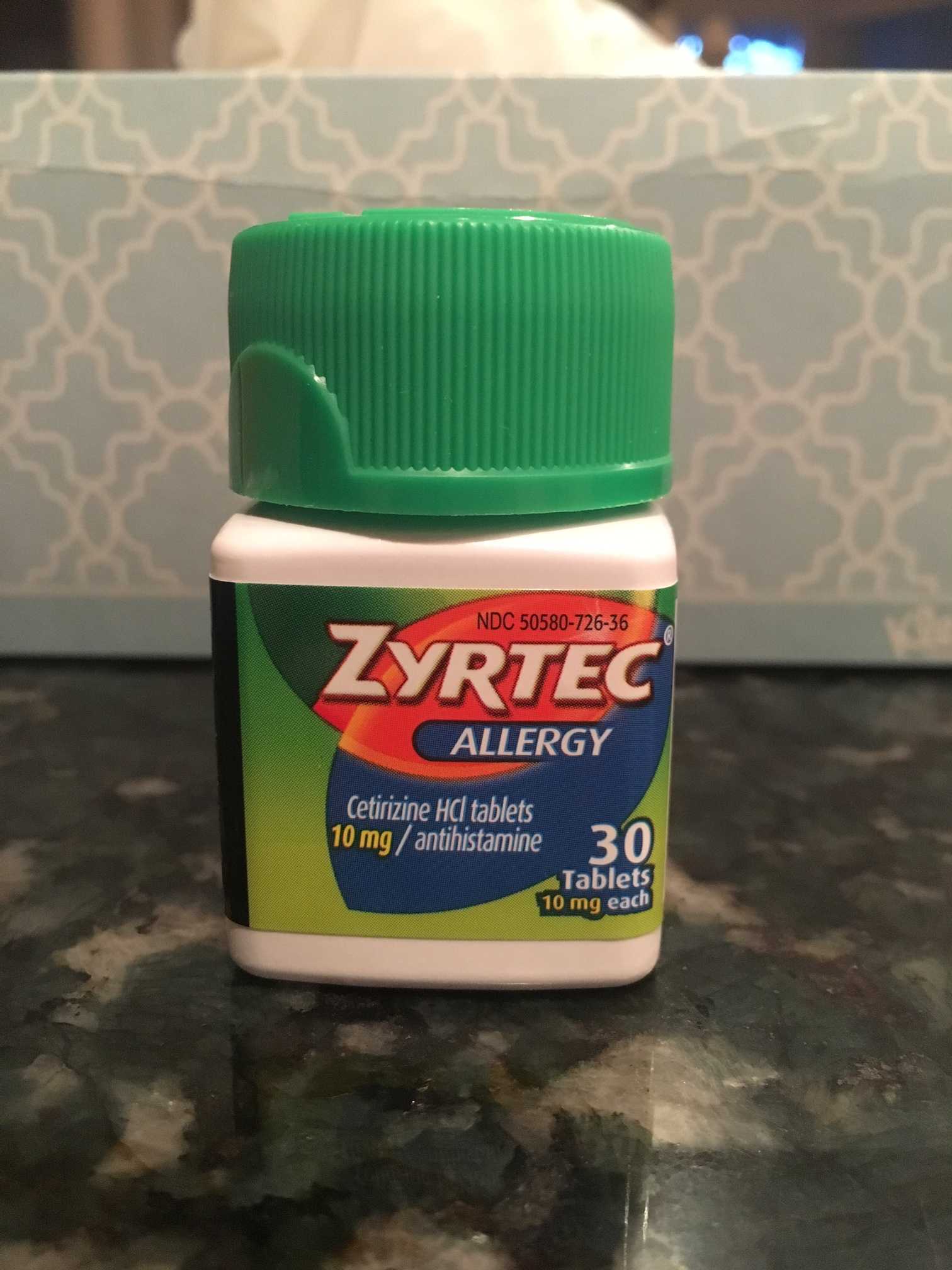You snivelling, puffy, red-eyed beauty, you. Allergy season is upon us and while you may feel like you have been left behind in the progression of natural selection, your body is really just doing something right – too right.
Your immune system is complex, dynamic and lethal. It protects you from the worst viruses, bacteria, flesh-eating enemies, cancer, and (the worst of all) pollen. With all its wit and brawn, your oversensitive immune system is ready to protect you from any and everything, whether it is harmful or not. It is a mistake on your immune system’s part, since it accidentally identifies a harmless foreign substance and ferociously attacks, leaving you with anything ranging from tedious things like sniffles to more annoying things, like complete organ failure.
It works like this: lymphocytes, which are more commonly known as white blood cells, are the main workers in an immune response. There are two different types, B-cells and T-cells, thus dubbed because they are synthesized in the bone marrow and the thymus, respectively. These lymphocytes go around monitoring molecules on particles and cells. When they encounter an invader, antibodies are produced by the B-cells. If the particle causes antibodies to be produced, it is considered an antigen.
Among five different types of antibodies, the allergy-culprit is called immunoglobulin E (IgE). When white blood cells recognize a certain foreign substance that has been mistakenly identified as an invader, IgE is produced in mass quantities and built up in the mast cells and basophils throughout the body, so they are prepped the second time the foreign substance is identified. Once those darn pollen particles come around again, an allergic cascade is set off that accidentally destroys your body’s involved mast cells and basophils. The danger in this, other than the fact that your cells are dying over pollen, is that these specific cells contain histamine, which affects surrounding tissue and blood vessels such that the surface of the blood vessels dilate, and blood pressure goes down. When these capillaries (tiny networks of blood vessels) dilate too much, you enter anaphylactic shock. Cases obviously range from mild to severe, so the degree to which your body reacts to certain substances is broad.
So keep popping those Zyrtec and washing them down with Emergen-C like there is no tomorrow because sometimes you just need a little help saving yourself from yourself. The immune system is ever-vigilant, but like an overbearing parent or a Dove chocolate wrapper, it only wants what’s best for you.





































